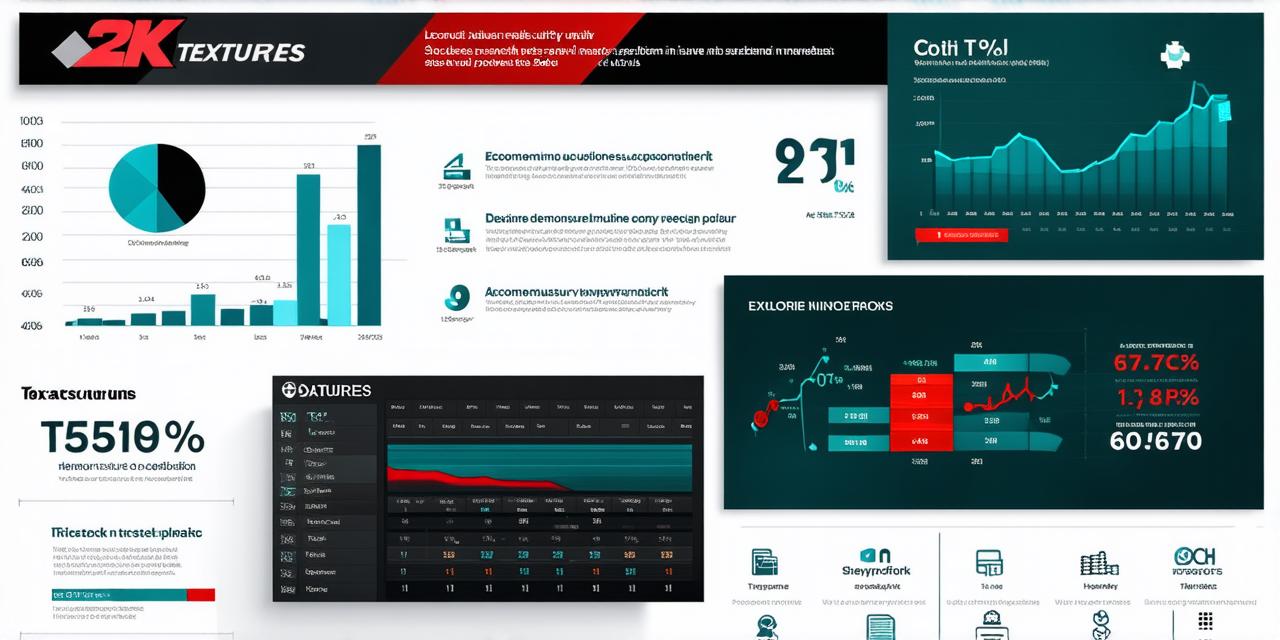Over the past year, Unity Technologies has seen a significant decline in its stock value, with shares dropping from around $300 to $250 as of March 2023. This decline has raised concerns among investors and stakeholders alike about the future direction of the company. In this article, we will explore some of the factors that may be contributing to Unity’s stock value decline.
Firstly, it is important to note that the stock market is highly volatile and subject to a range of external factors. However, some analysts have suggested that there are several specific issues affecting Unity’s performance.
One of the main concerns is competition from other game engines such as Epic Games’ Unreal Engine. While Unity has historically been one of the most popular game engines on the market, it has faced increasing competition in recent years. Unreal Engine has gained traction due to its ability to create highly realistic graphics and its compatibility with a wide range of platforms, including virtual reality (VR) and augmented reality (AR).
Another factor that may be contributing to Unity’s stock value decline is the company’s slow adoption of new technologies. While Unity has made some strides in areas such as VR and AR, it has been slower than some of its competitors in embracing these technologies. This has led some investors to question the long-term potential of the company and its ability to stay competitive in a rapidly changing market.
Additionally, there have been concerns about Unity’s pricing strategy. The company has historically charged high licensing fees for its products, which may be making it less accessible to smaller game developers and startups. This could limit the growth potential of the company and prevent it from attracting new customers.

Finally, some analysts have suggested that Unity’s management team may not be as effective as it once was. The company has undergone several leadership changes in recent years, which may have led to a lack of continuity and stability at the top. This could make it more difficult for the company to execute its strategy and drive growth.
In conclusion, while there are many factors that can influence stock performance, there are some specific concerns about Unity’s ability to stay competitive in the game engine market. These include increased competition from Epic Games, slow adoption of new technologies, pricing issues, and potential management challenges. As investors continue to monitor the company’s progress, it will be important to keep an eye on these factors and how they may impact Unity’s future performance.
